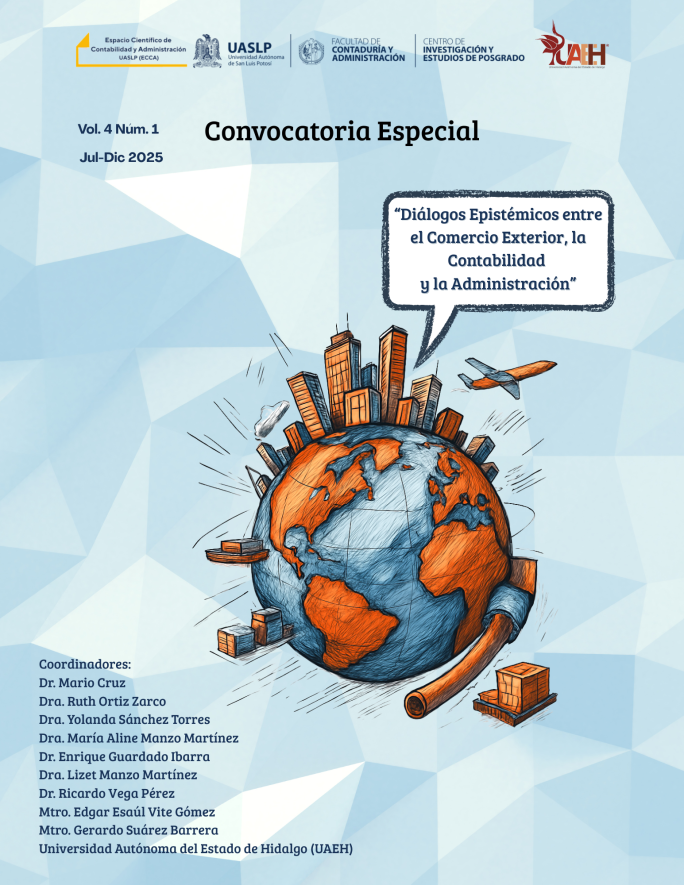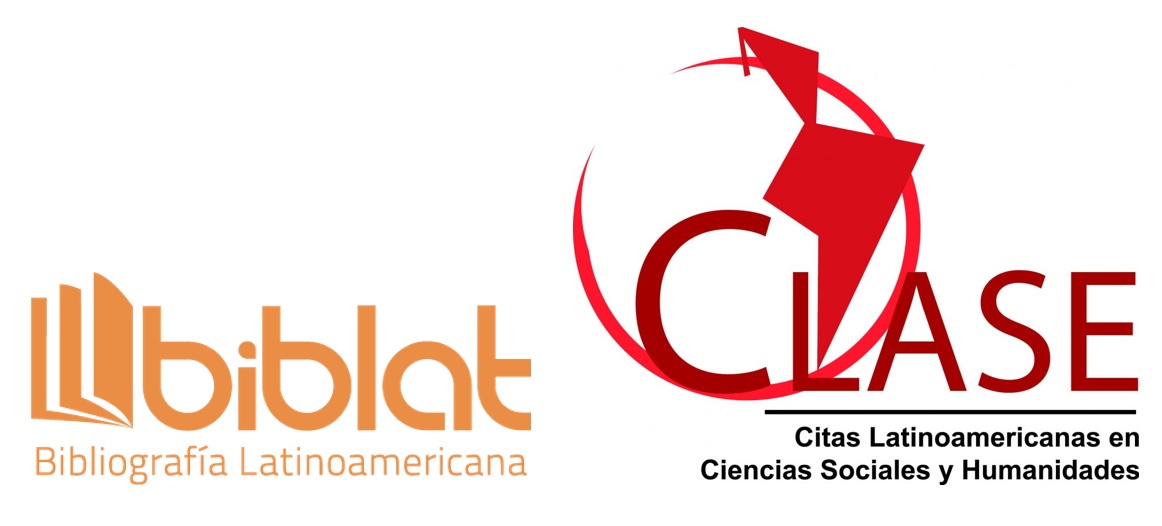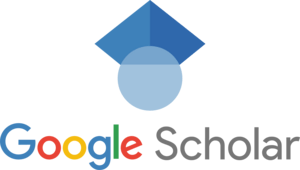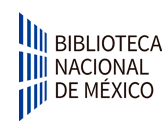ODS Mainstreaming the Sustainable Development Goals in the Business Administration Program at the Faculty of Accounting and Administration – UASLP.
DOI:
https://doi.org/10.58493/ecca.2025.3.2.13Keywords:
Sustainable Development Goals, higher education, university curriculum, Problem-Based Learning, institutional assessment, SEAES.Abstract
This article analyzes the relevance of incorporating the Sustainable Development Goals (SDGs) into university programs through a case study of the Bachelor's Degree in Administration at the Autonomous University of San Luis Potosí. Using a mixed methodology with a qualitative emphasis, a positive assessment of the SDGs was identified among faculty and students, although with little formal presence in the curriculum. A gradual integration strategy is proposed that articulates the redesign of key subjects, the use of Problem-Based Learning (PBL), and sustainability as a cross-cutting theme. The proposal seeks to strengthen critical, ethical, and contextualized training, contributing to continuous improvement and curricular relevance. The proposed model can be replicated in other higher education institutions interested in mainstreaming sustainability from a pedagogical approach that promotes meaningful learning and an institutional culture committed to the 2030 Agenda.
References
• ANUIES. (2020). Educación superior al 2030: Visión y acciones. Asociación Nacional de Universidades e Instituciones de Educación Superior.
• Ato, M., López, J. J., & Benavente, A. (2013). Un sistema de clasificación de los diseños de investigación en psicología. Anales de Psicología, 29(3), 1038–1059. https://doi.org/10.6018/analesps.29.3.178511
• Barnett, R. (2000). Realizing the university in an age of supercomplexity. Open University Press.
• Barth, M., Godemann, J., Rieckmann, M., & Stoltenberg, U. (2007). Developing key competencies for sustainable development in higher education. International Journal of Sustainability in Higher Education, 8(4), 416–430. https://doi.org/10.1108/14676370710823582
• Brundiers, K., Barth, M., Cebrián, G., Cohen, M., Diaz, L., Doucette-Remington, S., ... & Zint, M. (2020). Key competencies in sustainability in higher education—toward an agreed-upon reference framework. Sustainability Science, 15(2), 13–29. https://doi.org/10.1007/s11625-020-00838-2
• Cebrián, G., Junyent, M., & Mulà, I. (2020). Competencies in education for sustainable development: Emerging teaching and research developments. Sustainability, 12(2), 579. https://doi.org/10.3390/su12020579
• Cortese, A. D. (2003). The critical role of higher education in creating a sustainable future. Planning for Higher Education, 31(3), 15–22.
• Creswell, J. W., & Plano Clark, V. L. (2018). Diseño y desarrollo de estudios de investigación mixtos. Gedisa.
• Delors, J. (1996). La educación encierra un tesoro: Informe a la UNESCO de la Comisión Internacional sobre la Educación para el siglo XXI. UNESCO.
• Díaz-Barriga, F. (2006). La enseñanza situada: Vínculo entre la escuela y la vida. Revista de Educación, 341, 139–162.
• EUA. (2021). Greening higher education institutions: How to integrate sustainability into institutional strategies. European University Association.
• FCA-UASLP. (2019). Plan de estudios de la Licenciatura en Administración 2015. Facultad de Contaduría y Administración, Universidad Autónoma de San Luis Potosí.
• Flick, U. (2012). Introducción a la investigación cualitativa (3.ª ed.). Ediciones Morata.
• García Guadilla, C., & Rhoads, R. A. (2020). Quality assurance in Latin America: Contexts, policies, and practices. Higher Education Policy, 33, 27–44. https://doi.org/10.1057/s41307-019-00140-0
• Hernández Sampieri, R., Fernández Collado, C., & Baptista Lucio, P. (2014). Metodología de la investigación (6.ª ed.). McGraw-Hill.
• IAU. (2022). Higher Education and the 2030 Agenda: Integrating the SDGs into universities’ core missions. International Association of Universities.
• Jickling, B., & Sterling, S. (2017). Post-sustainability and environmental education: Remaking education for the future. Palgrave Macmillan.
• Leal Filho, W., Shiel, C., & Paco, A. (2019). Implementing and operationalising integrative approaches to sustainability in higher education: The role of project-oriented learning. Journal of Cleaner Production, 232, 100–109. https://doi.org/10.1016/j.jclepro.2019.05.232
• Leicht, A., Heiss, J., & Byun, W. J. (2018). Issues and trends in education for sustainable development. UNESCO.
• Lozano, R., Ceulemans, K., & Seatter, C. S. (2015). Teaching organisational change management for sustainability: Designing learning outcomes that address key competencies. Journal of Cleaner Production, 106, 438–444. https://doi.org/10.1016/j.jclepro.2014.07.006
• Mula, I., Tilbury, D., Ryan, A., Mader, M., Dlouhá, J., Mader, C., ... & Alba, D. (2017). Catalysing change in higher education for sustainable development: A review of professional development initiatives for university educators. International Journal of Sustainability in Higher Education, 18(5), 798–820. https://doi.org/10.1108/IJSHE-03-2017-0043
• Organización de las Naciones Unidas (ONU). (2015). Transformar nuestro mundo: La Agenda 2030 para el Desarrollo Sostenible. https://www.un.org/sustainabledevelopment/es/agenda-2030/
• Oviedo, H. C., & Campo-Arias, A. (2005). Aproximación al uso del coeficiente alfa de Cronbach. Revista Colombiana de Psiquiatría, 34(4), 572–580.
• Rieckmann, M. (2012). Future-oriented higher education: Which key competencies should be fostered through university teaching and learning? Futures, 44(2), 127–135. https://doi.org/10.1016/j.futures.2011.09.005
• Sachs, J. D., Schmidt-Traub, G., Mazzucato, M., Messner, D., Nakicenovic, N., & Rockström, J. (2019). Six Transformations to achieve the Sustainable Development Goals. Nature Sustainability, 2(9), 805–814. https://doi.org/10.1038/s41893-019-0352-9
• SEAES. (2022). Lineamientos generales para la evaluación y acreditación de programas e instituciones de educación superior en México. Secretaría de Educación Pública.
• SEAES. (2023). Criterios del Sistema de Evaluación y Acreditación de la Educación Superior. https://www.seaes.sep.gob.mx
• Stake, R. E. (2010). Qualitative research: Studying how things work. The Guilford Press. Barth, M., Godemann, J., Rieckmann, M., & Stoltenberg, U. (2007). Developing key competencies for sustainable development in higher education. International Journal of Sustainability in Higher Education, 8(4), 416–430. https://doi.org/10.1108/14676370710823582
• Sterling, S. (2010). Transformative learning and sustainability: sketching the conceptual ground. Learning and Teaching in Higher Education, (5), 17–33.
• Tilbury, D. (2011). Education for sustainable development: An expert review of processes and learning. UNESCO.
• Tilbury, D., & Wortman, D. (2004). Engaging people in sustainability. IUCN Commission on Education and Communication. https://www.iucn.org
• Tünnermann Bernheim, C. (2008). Educación superior y sociedad: Nuevos retos y realidades. Revista Educación Superior y Sociedad, 13(2), 25–48.
• UASLP. (2018). Modelo Educativo UASLP: Formación integral para la vida. Universidad Autónoma de San Luis Potosí.
• UNECE. (2012). Learning for the future: Competences in Education for Sustainable Development. United Nations Economic Commission for Europe.
• UNESCO. (2017). Education for Sustainable Development Goals: Learning objectives. https://unesdoc.unesco.org/ark:/48223/pf0000247444
• UNESCO. (2020). Education for Sustainable Development: A roadmap. https://unesdoc.unesco.org
• Vázquez, A., & Manassero, M. A. (2017). Educación para el desarrollo sostenible: de la teoría a la práctica en la universidad. Revista de Educación, 375, 144–172. https://doi.org/10.4438/1988-592X-RE-2017-375-352
• Wals, A. E. J., & Benavot, A. (2017). Can we meet the sustainability challenges? The role of education and lifelong learning. European Journal of Education, 52(4), 404–413. https://doi.org/10.1111/ejed.12250
• Wals, A. E. J., & Jickling, B. (2002). Sustainability in higher education: From doublethink and newspeak to critical thinking and meaningful learning. Higher Education Policy, 15(2), 121–131.
• Wiek, A., Withycombe, L., & Redman, C. L. (2011). Key competencies in sustainability: A reference framework for academic program development. Sustainability Science, 6(2), 203–218. https://doi.org/10.1007/s11625-011-0132-6
• Wright, T. S. A. (2002). Definitions and frameworks for environmental sustainability in higher education. International Journal of Sustainability in Higher Education, 3(3), 203–220. https://doi.org/10.1108/14676370210434679
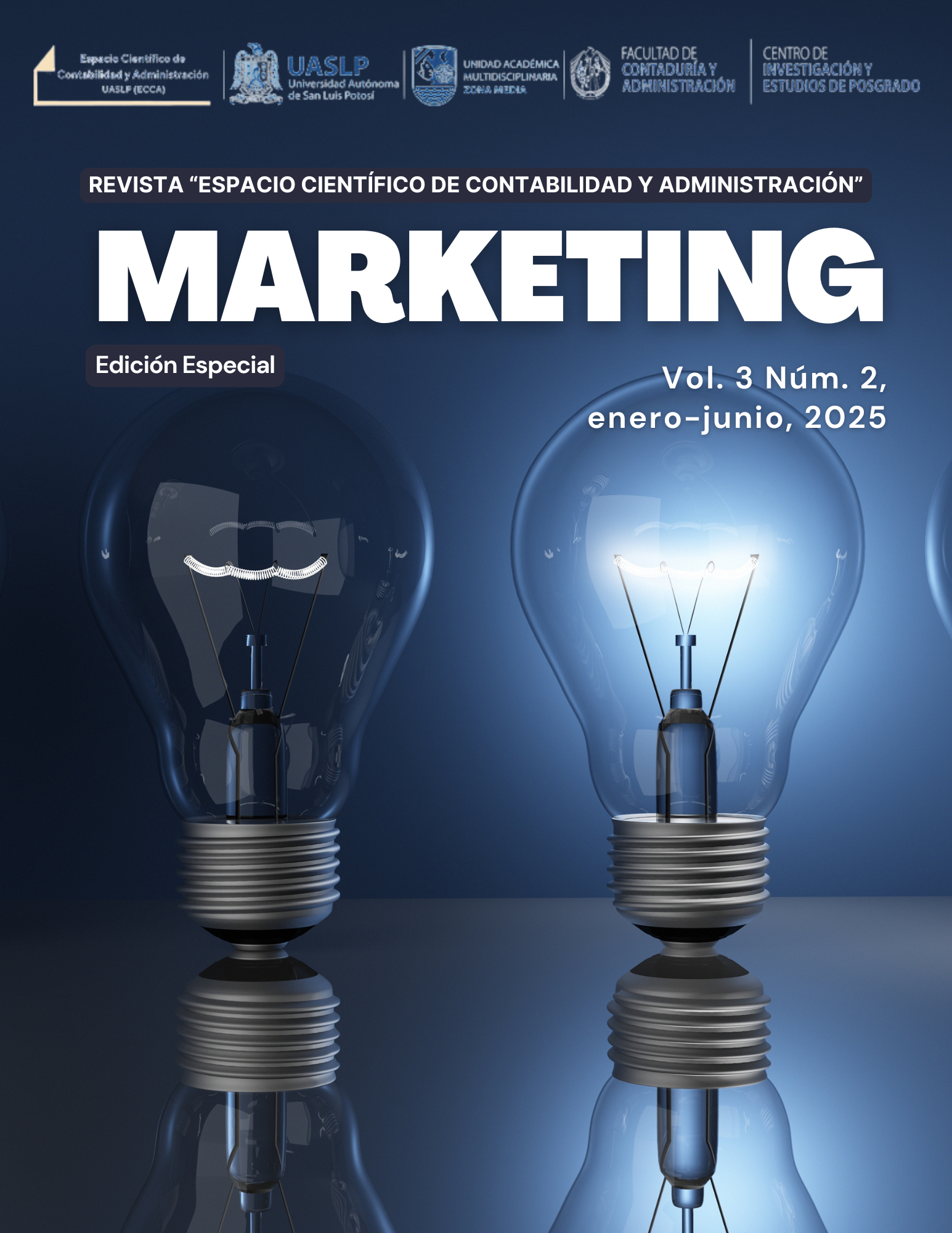
Downloads
Published
How to Cite
Issue
Section
License
Copyright (c) 2025 Patricia Hernandez Espinal, Marco Antonio Perez-Orta

This work is licensed under a Creative Commons Attribution-NonCommercial-ShareAlike 4.0 International License.
Usted es libre de:
- Compartir — copiar y redistribuir el material en cualquier medio o formato
- Adaptar — remezclar, transformar y construir a partir del material
- La licenciante no puede revocar estas libertades en tanto usted siga los términos de la licencia
Bajo los siguientes términos:
- Atribución — Usted debe dar crédito de manera adecuada , brindar un enlace a la licencia, e indicar si se han realizado cambios . Puede hacerlo en cualquier forma razonable, pero no de forma tal que sugiera que usted o su uso tienen el apoyo de la licenciante.
- NoComercial — Usted no puede hacer uso del material con propósitos comerciales .
- CompartirIgual — Si remezcla, transforma o crea a partir del material, debe distribuir su contribución bajo la la misma licencia del original.
- No hay restricciones adicionales — No puede aplicar términos legales ni medidas tecnológicas que restrinjan legalmente a otras a hacer cualquier uso permitido por la licencia.
